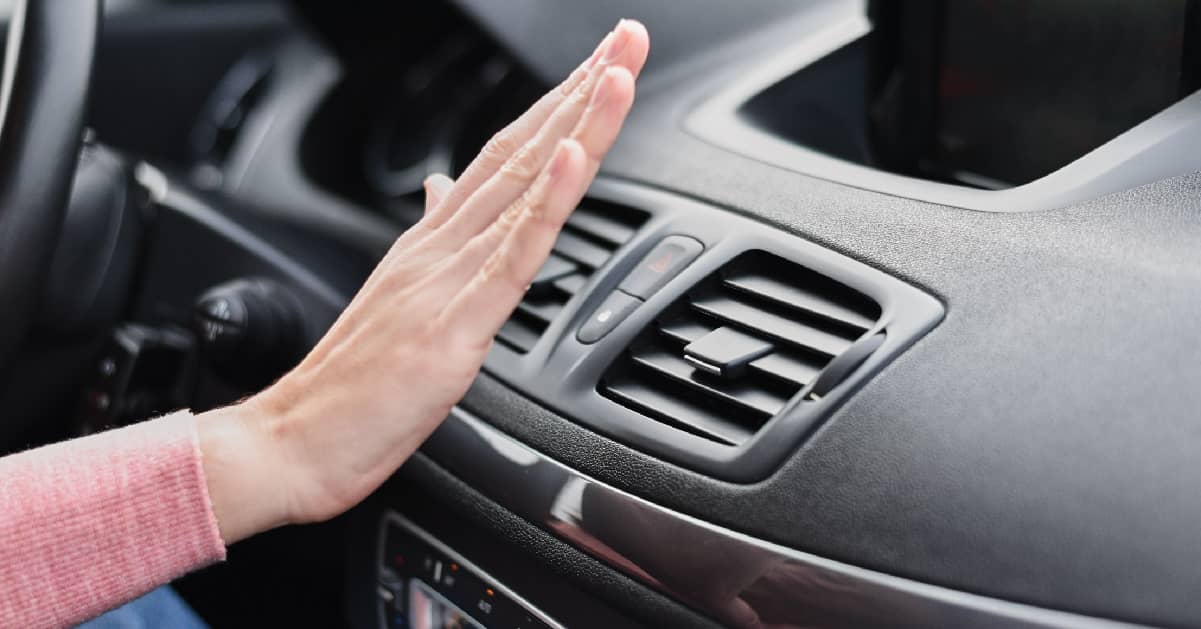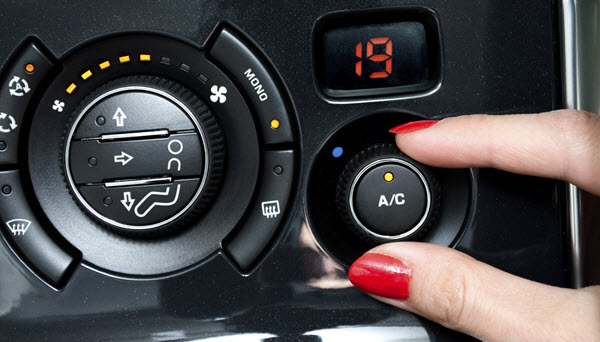How to Tell If a Car Air Conditioning Compressor is Bad

One of a car’s most resilient systems is often the air conditioning unit. A contemporary air conditioning system merely keeps on working, supplying cool air when you need it, despite being used frequently every day. The AC compressor, the beating heart of the air conditioning system, is robust and long-lasting.

However, if your air conditioner does break down, it can be a miserable situation. We are accustomed to having mechanically cooled air available anytime we need it, let’s face it. It’s almost too dreadful to consider the possibility of losing it, beginning to sweat, and having to roll down the windows. As a result, you should constantly be on the lookout for indications that the compressor for your car’s air conditioning is malfunctioning.
The good thing about that terrible news is that you nearly always receive warning signs before your air conditioner breaks down. While A/C might occasionally quit functioning altogether, it usually fails gradually and is accompanied by warning indicators that something is wrong. You can identify an issue with the help of the following tips.
How Does Auto Air Conditioning Work?
What Is the Process of Auto Air Conditioning?
The compressor for your car’s air conditioning system may be thought of as its brain. In essence, the AC compressor enables the circulation of a priceless fluid, the refrigerant, through the air conditioning system, just like your heart does for your body.
The condenser functions as a “heat-exchanger,” extracting heat from the refrigerant as the compressor likewise compresses the refrigerant from a gaseous to a fluid condition. The refrigerant then travels through an expansion valve or “orifice tube,” where it transforms back into a gas.
The moisture is removed from the refrigerant by an accumulator, and it is then delivered to the evaporator, which is often located under the dash, inside your car. The air that flows by and through the evaporator, which resembles a miniature radiator, is cooled by the cold refrigerant there. A fan then pushes the cooler, drier air through the vents and into the cabin of your automobile. Ah, no problem.

Air Is Cool, Not Cold
The relative coolness of the air flowing from the vents within your automobile can be a clue that the air conditioning system is malfunctioning. It might not be your imagination if the air flowing out of the vents doesn’t feel as chilly as it formerly did when the air conditioning is on, the temperature is lowered, and the fan is turned up. It can be a precursor to an issue with your air conditioning system. The two issues that are most likely to exist are either a broken AC compressor or a refrigerant leak in the system.
Noises from Under the Hood
Strange noises coming from your car are never a good indication, and the air conditioning is a prime example of this. As we previously stated, the difficult task of compressing and circulating the air conditioning refrigerant falls to the AC compressor. During regular driving, it frequently cycles on and off and is loaded with parts that can break down over time.
The sealed bearing that is frequently included into the AC compressor can wear down or seize up, especially if the bearing lubrication spills out. That can result in a high-pitched screech or the metallic grinding sound. The drive belt will often screech if the bearing seizes (freezes up) since it is suddenly unable to move.
AC compressors may occasionally be repaired. However, it is frequently preferable to get a new compressor and replace the broken one. It will almost always lead to a better, more long-lasting repair, and it is also the most time-efficient way to solve the issue.
Compressor Clutch Issues
The clutch on the AC compressor, which is connected to the engine by a belt and pulley, can also cause issues. The compressor can cycle on and off thanks to a clutch instead of being on all the time you are moving. Since the engine doesn’t have to spin the compressor when cool air isn’t needed, this leads to less wear on the compressor and higher fuel efficiency.
But the failure of the compressor clutch is a potential issue. The compressor will run continuously while you are driving if it becomes stuck in the “on” position. Or it might stop working altogether, in which case the compressor wouldn’t ever start. Both are bad.







